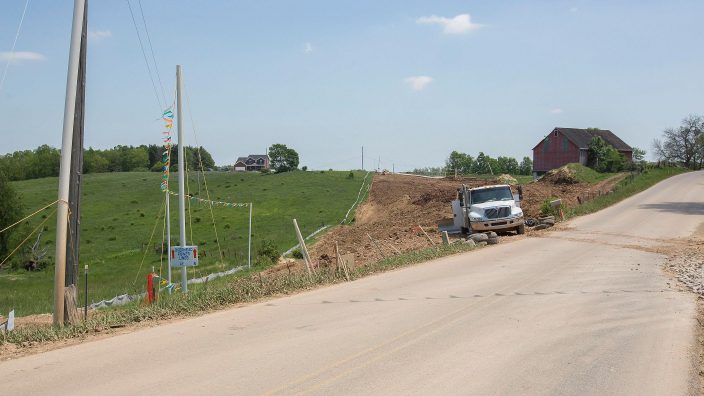$10 million in disaster assistance coming to Ohio farmers
The disaster relief funding disbursement will be overseen by the Ohio Department of Agriculture and administered through local soil & water districts.
Read MoreThere are two words that give almost any farmer and landowner some angst – eminent domain. For this Legal with Leah, Ty Higgins visit with Ohio Farm Bureau Policy Counsel Leah Curtis about the tradeoffs of eminent domain and what landowners need to know if they find themselves in a lawsuit because of it.
Listen to Legal with Leah, a podcast featuring Ohio Farm Bureau’s Policy Counsel Leah Curtis discussing topics impacting farmers and landowners.
Ty Higgins [00:00:00] Well, there are two words that give landowners and farmers some angst, eminent domain. We’re talking about that in general and about a case Ohio Farm Bureau was recently involved in for this Legal with Leah. Leah Curtis is my guest. She is policy counsel with Ohio Farm Bureau. How are you doing today?
Leah Curtis [00:00:15] I’m doing good and excited to talk about my favorite topic.
Ty Higgins [00:00:18] It is a big one, isn’t it? A huge issue for our members at Ohio Farm Bureau. And the unfortunate truth is that government and most utility companies can use eminent domain. But there is a bit of a tradeoff here.
Leah Curtis [00:00:29] Because the government and the power company, the utility companies can use this, that allows us to get power to our homes.
Leah Curtis [00:00:37] It gets roads and bridges built. And so we want to make sure that eminent domain is used for those projects that really provide public use and public necessity and that support those things that the public needs.
Ty Higgins [00:00:52] As you might imagine, there’s quite a bit of pushback when it comes to eminent domain. If a farmer or a landowner is approached about taking some of that property for this progress, a lot of times that results in lawsuits and those happen in two stages. Tell me about that.
Leah Curtis [00:01:06] So first, the court will hear whether the taking, as we would call it, is necessary and for public use. So those are the constitutional requirements for a government taking or an eminent domain taking. And then after that, the landowner is allowed to appeal that ruling immediately to the next highest court. The second stage is the compensation trial. So that’s where a jury is brought in and brought together. And they determine, based on all the information and facts, how much compensation that landowner is due for the taking of their property.
Ty Higgins [00:01:38] So the law, according to what you think and our interpretation at Ohio Farm Bureau says they have to happen in that particular order. But there have been some instances here lately where they’re putting the cart before the horse.
Leah Curtis [00:01:49] The law reads that compensation trial has to be subject to the appeal by the landowner of the first stage.
Leah Curtis [00:01:57] And what’s happened is we’ve had a few instances where the court has attempted to move forward and schedule that compensation trial while the landowners are still trying to work through their appeal on whether the project is necessary and for a public use.
Ty Higgins [00:02:12] Of course, it’s out of step with the law, but there are other issues when it comes to taking that type of step as a judge as well.
Leah Curtis [00:02:20] Landowners are always going to be at a disadvantage in an eminent domain suit, right, but this also means that that landowner has to now fight on two fronts at the same time. And that’s a really unfair burden. Landowners always have to pay for their own legal defense. And so two trials going on at one time usually means more attorneys that are needed and more attention that’s needed to each individual case. And then if the jury decides the compensation before that appeal is finished, the jury is not going to necessarily have all that information. And then lastly, we have to think about judicial economy. We have a limited number of judges, a limited number of courtrooms and a limited number of time. And our courts really are fairly overburdened with case filings. So if we hold a trial that ends up maybe being unnecessary due to the appeal or it needs to be redone, that means we’ve tied up the court’s time unnecessarily and wasted that time that could have been better used.
Ty Higgins [00:03:14] This is something you, as you mentioned earlier, talk a lot about with our members. It is something that is not an irregular occurrence across the Buckeye State. And sometimes these cases get pushed to the highest level of courts here in Ohio. And we were involved quite recently in a case that made it all the way to Supreme Court. Tell me about that case and how it ended up.
Leah Curtis [00:03:35] So this was a writ of prohibition. So this was that situation where the court was moving forward with scheduling that compensation trial prior to the appeal being finished. And we supported our members in Washington County with an amicus brief just laying out our legal argument, but also the policy reasons of why we really need to have that one trial at a time going on. And the Supreme Court ended up ruling that our interpretation, our understanding of the law was the correct one, that that compensation trial can’t move forward until the landowner has the opportunity to finish their appeal of the necessary and the public use determination. So this is one more step toward leveling the playing field in eminent domain and just making sure that landowners have the best opportunity to put forth the best case possible. And again, not stopping eminent domain necessarily in the whole, but making sure we have a really good balance of ensuring those projects are necessary and for public use.
Ty Higgins [00:04:30] One of the many important reasons to be an Ohio Farm Bureau member is because Leah Curtis and her team, they have a pulse on a lot of cases very similar to this happening all across the state and can be of assistance. And obviously a membership will give you that access, but also a Landowner Toolkit that can help with this as well. Talk about some of the things that an Ohio Farm Bureau membership will get you to help you in these types of situations.
Leah Curtis [00:04:53] Our Landowner Toolkit is a very good resource if you are facing one of these situations. Because it lays out the entire process, so we’ve just talked about the compensation trial and the actual courtroom proceedings here, but there’s a whole bunch of things that have to happen prior to that, things that you have to be notified of. And we also give some tips about things you should think about if this does occur in your area or on your property. And so it’s a good primer to start with if this is happening nearby you and then, of course, if there are individual questions, we’re always happy to help or happy to help refer our members to attorneys if they do need to move to that courtroom stage.
Ty Higgins [00:05:30] Find out more about that Landowner Toolkit. If you’re a member, it’s a great resource. If you’re not a member, you can join online.
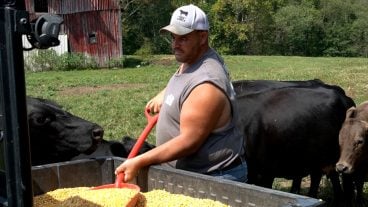
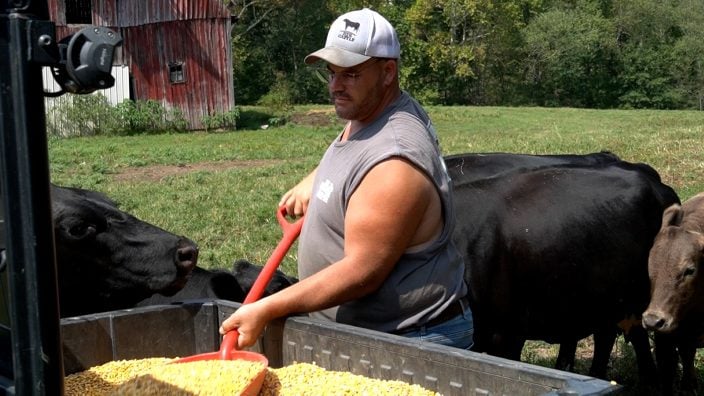
The disaster relief funding disbursement will be overseen by the Ohio Department of Agriculture and administered through local soil & water districts.
Read More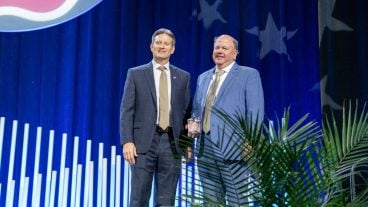
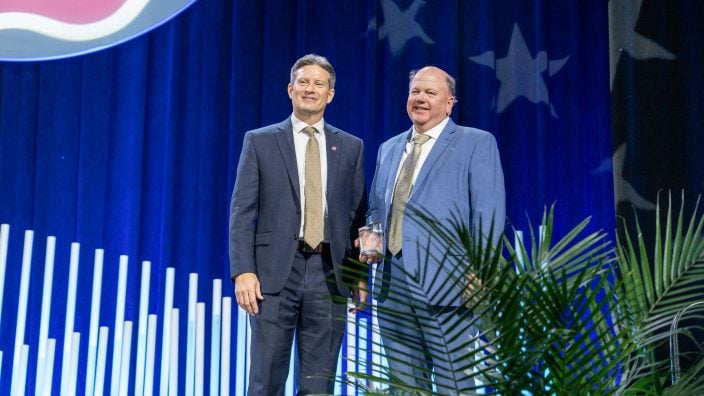
The winners of the 2024 Ohio Farm Bureau Advocacy in Action Award are Roger Baker of Wayne County and Neall Weber (posthumously) of Franklin County.
Read More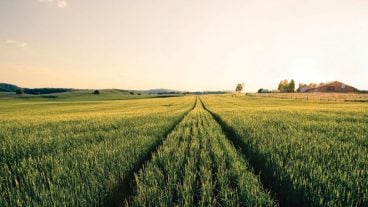

The requirement for businesses that are registered with their state to file information about beneficial owners with the Financial Crimes Enforcement Network has been paused.
Read More

Ohio’s Electric Cooperatives recommend safe energy conservation during extreme cold snaps to help alleviate demand.
Read More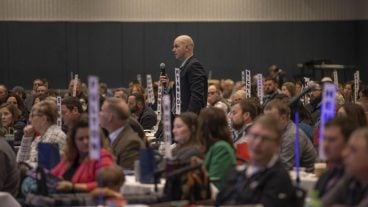
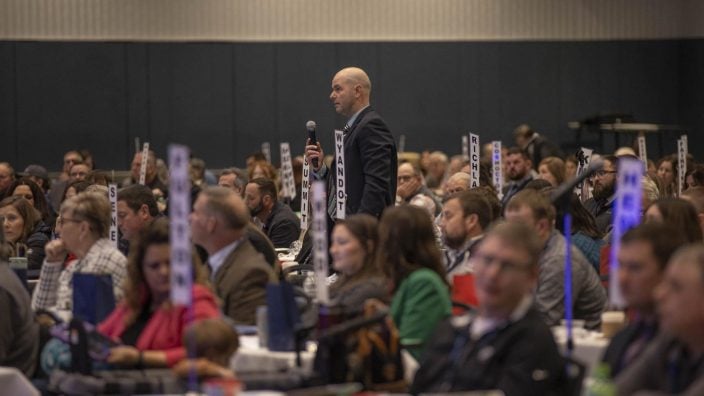
Delegates discussed many important topics including carbon sequestration and mental health at the Ohio Farm Bureau’s 106th Annual Meeting.
Read More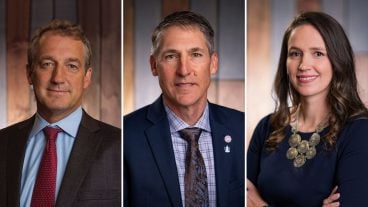
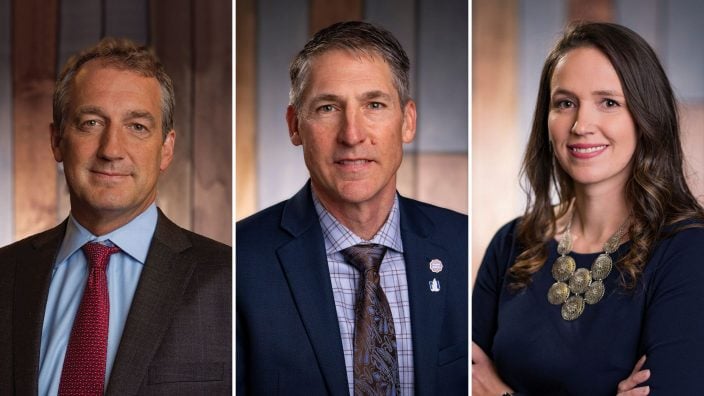
Bill Patterson, Cy Prettyman and Adele Flynn will continue to serve as officers for Ohio Farm Bureau Federation.
Read More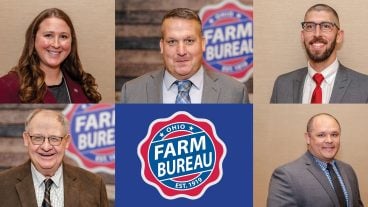
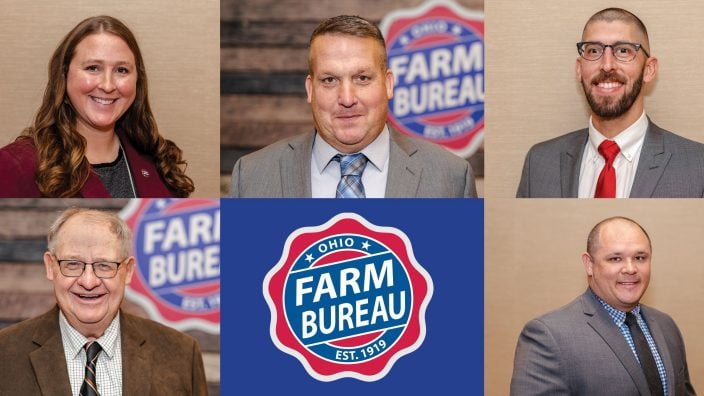
10 Ohio Farm Bureau members were elected to the federation’s state board during the 106th annual meeting.
Read More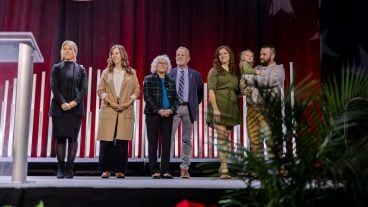
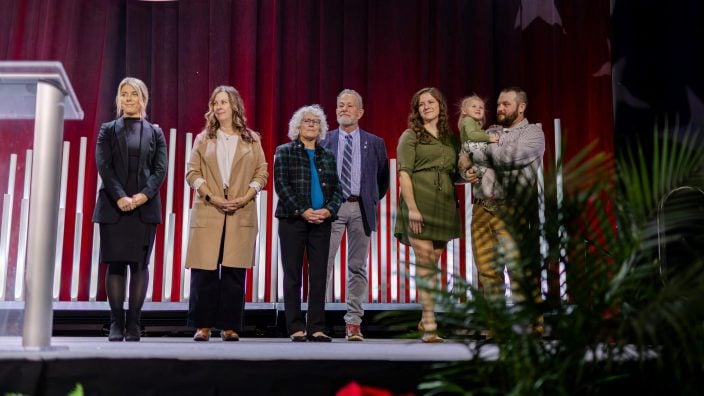
The grants help inspire, encourage and nurture young agricultural professionals and entrepreneurs to find creative and transformative ways to address challenges facing the agricultural sector today.
Read More

The 2024 Distinguished Service Award recipients are Dr. John Mossbarger of Fayette County, Sen. Rob Portman of Warren County and Jane Scott of Franklin County.
Read More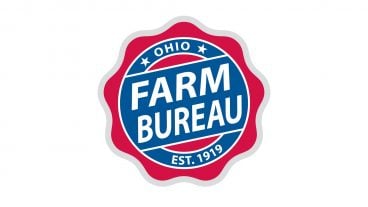
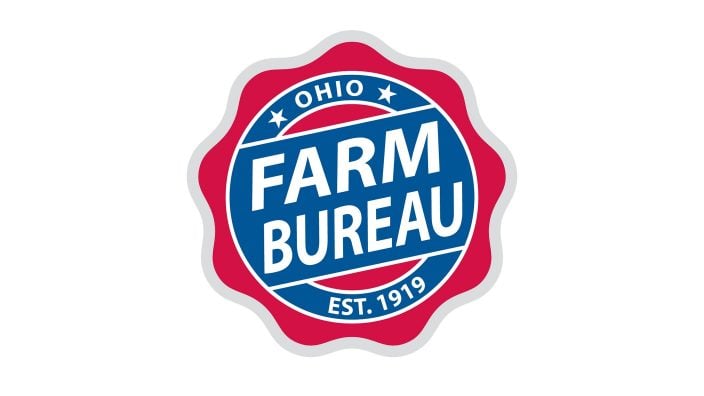
Kayla Jones of Newark and Heather Utter of Sardinia have been promoted to senior organization director for Ohio Farm Bureau Federation.
Read More